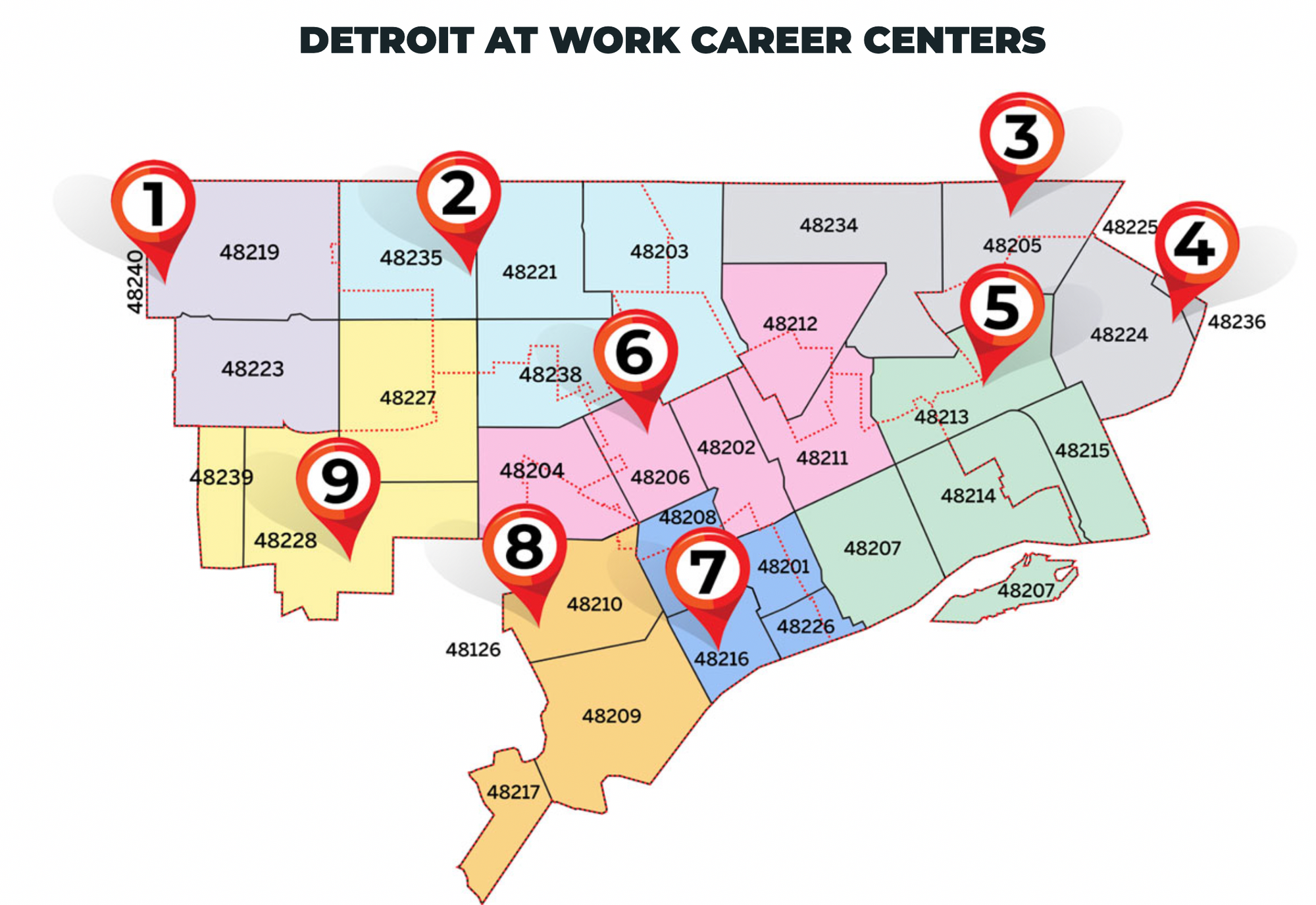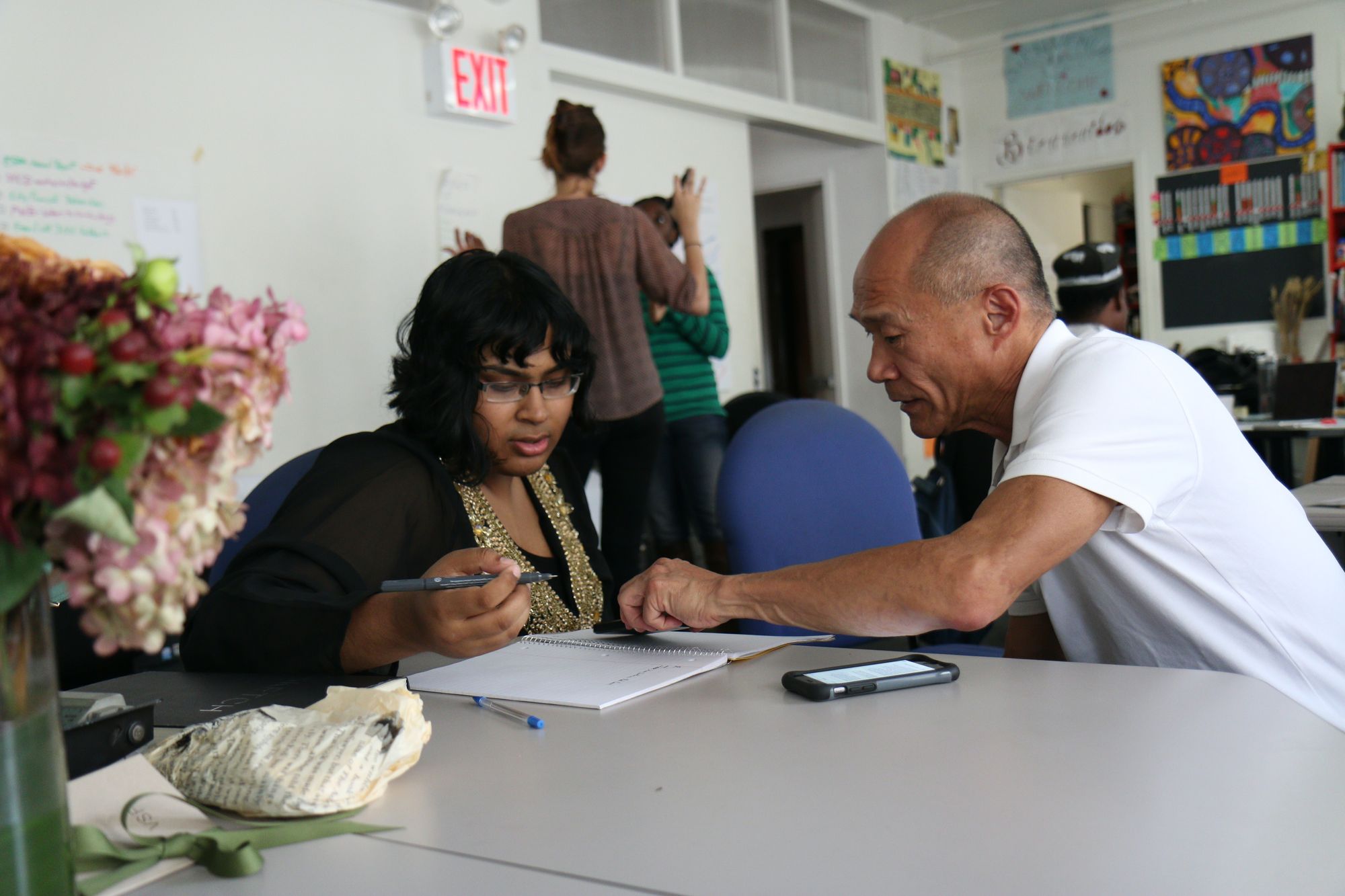The increasing pace of technological change is changing the way companies think how they hire and re-skill their existing workforce. This means that adults who receive training 10+ years ago will likely need to "top-up" their skillset to remain relevant in the job market.
Adult learning or upskilling is important not just for employability, but can also significantly increase annual earnings. Research show that professionals who have earned qualifications after high school are likely to earn $7,500 extra per year as soon as they return to work with the new credential under their belt.
What are my options?
Michigan is well prepared for transitions in employability among adult workers. Sixty by 30 are committed to increasing the percentage of Michiganders with a skill or college degree and closing the statewide skills gap. Currently 50.5% of adults have qualifications beyond high school - Sixty by 30 are aiming to have this at 60% by 2030.
Two other state initiatives are now in place - Future of Frontliners and Reconnect.
- Future of Frontlines is focused on upskilling frontline workers and is funded by the Governor’s Emergency Fund (GEF). GEF was launched as as part of the CARES Act in 2020 to help frontline workers earn a college degree or credential.
- Reconnect is targeted at Michiganders who are 25+ years of age and looking to top-up their education and take a promotion or seek upward job mobility with a new employer.
Each of Future of Frontliners and Reconnect consist of workforce advice, aid and education access via community colleges. Two other services are worth knowing about: Michigan Works! and Back to School, part of MiBridges.
- Michigan Works! operate brick-and-mortar Service Centers across the state - there are nine in Detroit alone (below). Centers can be visited without appointment.

- MiBridges streamline applications for multiple benefits programs within Michigan. Going to School is their employment track which can provide advice on how to navigating work through challenging times. There is eduction assistance for returning citizens, GED preparation help, child care help for when you're studying, and plans for covering the financial costs paying for tuition.
Detroit residents can also seek part-time employment as part of Skills for Life - work for the city three days a week and complete your GED or earn a professional credential.






Member discussion